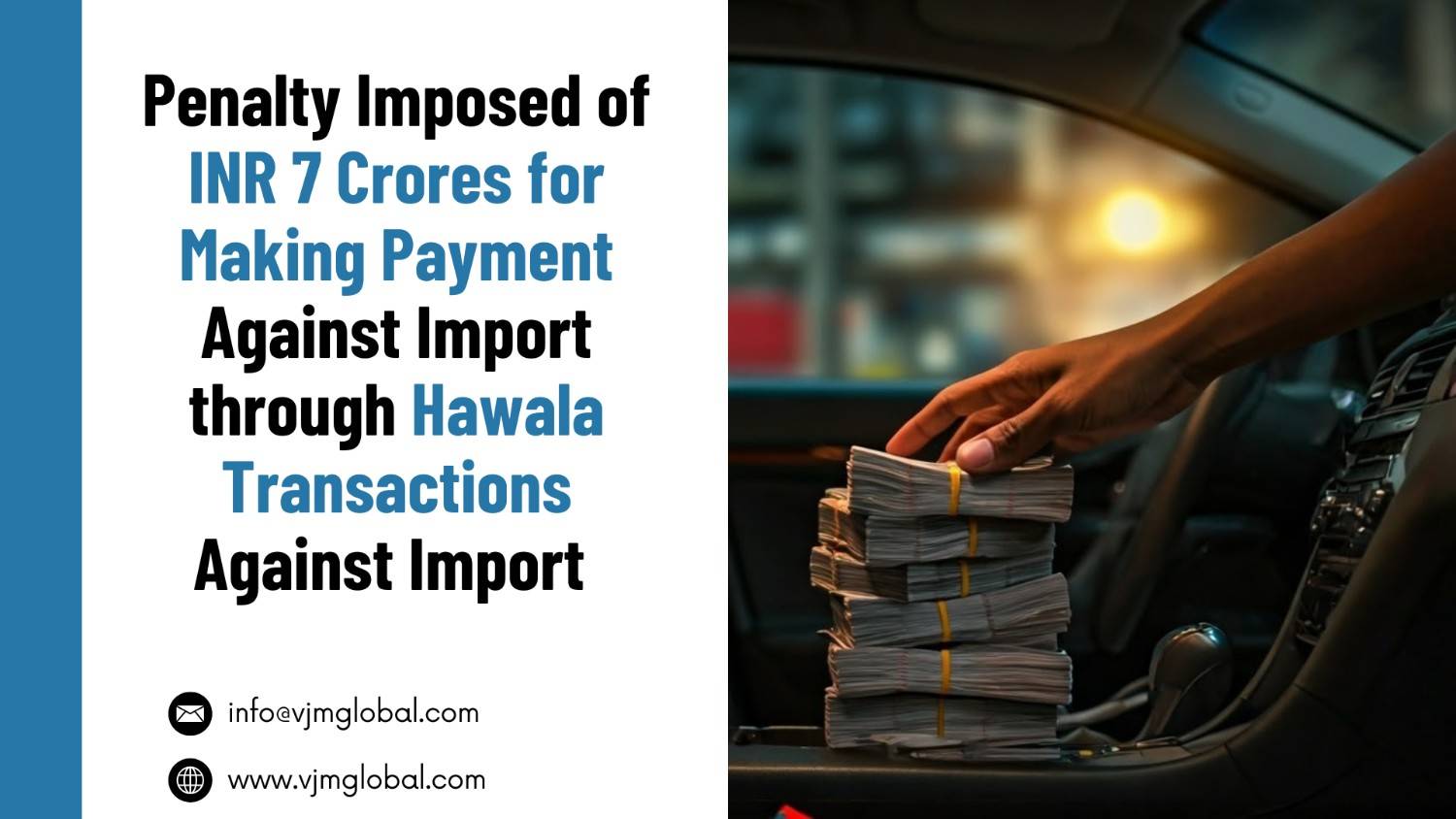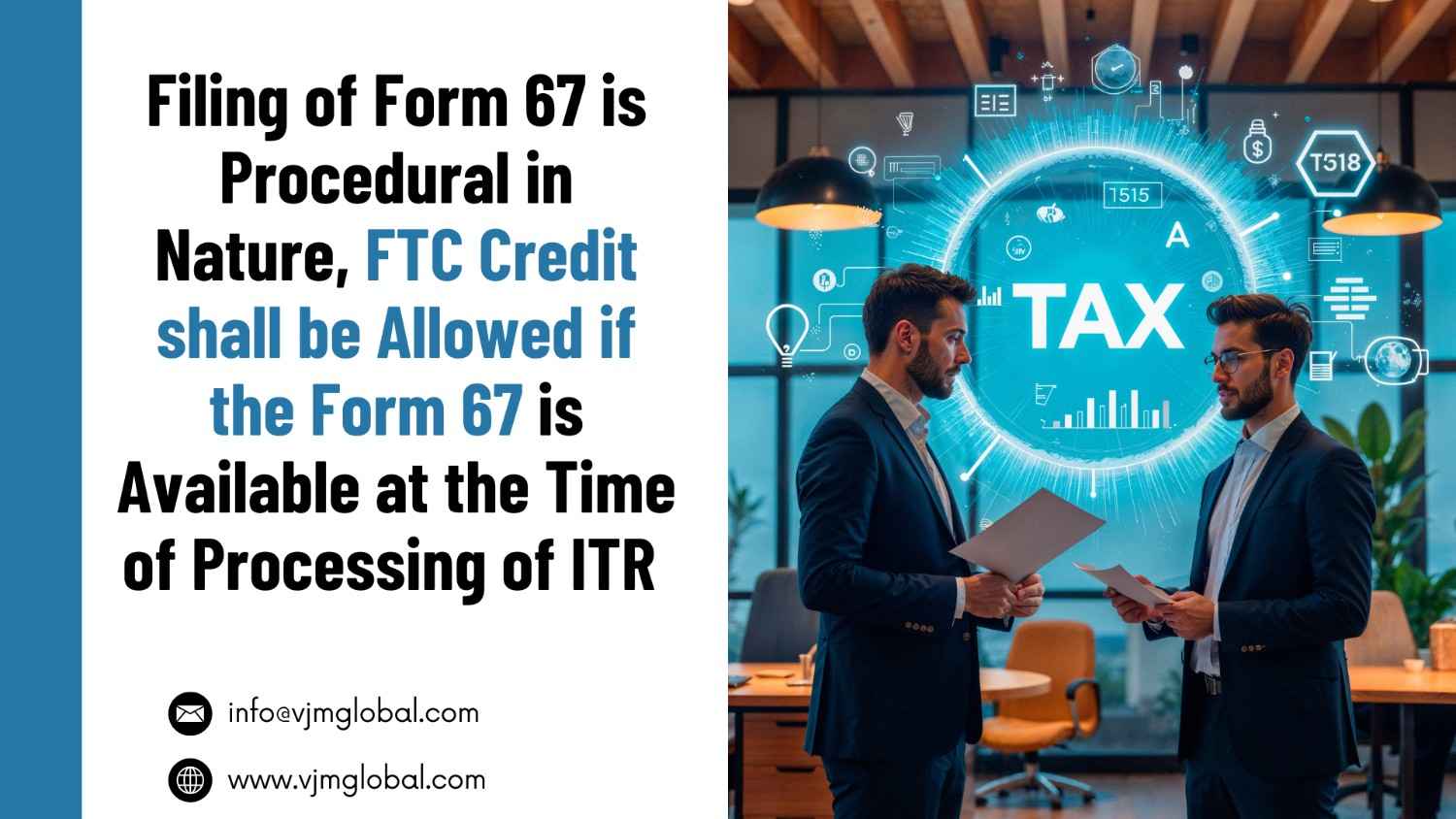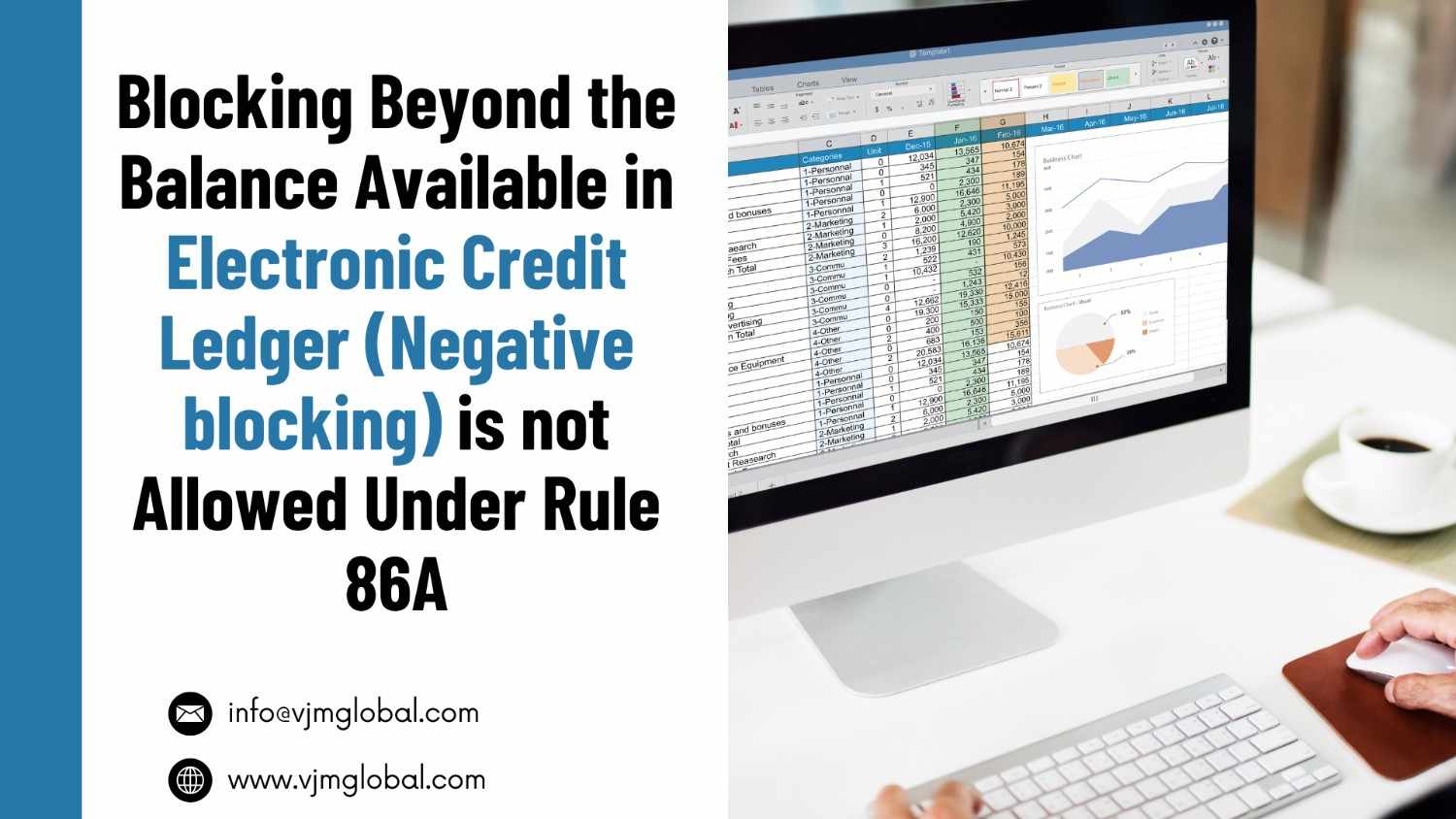Dematerialisation of shares is a concept applicable to a publicly listed company that allows the company to issue shares in dematerialised form. Holders hold such shares in a demat account, similar to a bank account. Dematerialisation ensures easy handling of shares, increases transparency, and promotes instant sale and purchase of securities.
Earlier, this concept was applicable only in securities listed on recognised stock exchanges. However, vide Notification dated 27th October 2023, the MCA extended the requirement of dematerialisation to unlisted public companies and private companies as well. Therefore, now all the privately covered companies are required to hold and issue their shares in Demat Form.
This article discusses various frequently asked questions that arise in the minds of both companies and shareholders concerning such dematerialisation.
A. Frequently Asked Questions
1. What is the legal requirement for the issuance of shares in Demat Form?
2. Which companies are required to issue securities in Demat Form?
- As per Rule 9A of PAS Rules, every unlisted company and as per Rule 9B(1) of PAS Rules, every private company, other than a small company, is required to:
- Issue securities in Demat form;
- Facilitate dematerialisation of all securities
- Therefore, all existing shares are required to be converted into Demat form and new securities are required to be issued in Demat Form
3. Which companies are exempted from the requirement of dematerialisation of securities?
- As per Rule 9B of PAS Rules, a small company is exempted from the requirement of dematerialisation of securities.
- As per Rule 9B(6) of PAS Rules, government companies are exempted from Rule 9B.
- Further, as per Rule 9A(11) of PAS Rules, provisions of Rule 9A shall not apply to following unlisted public companies:
- A Nidhi Company;
- A Government Company;
- A wholly owned subsidiary
4. What is the meaning of Small Companies?
- As per Section 2(85) of the Companies Act, a small company means a company, other than a public company, having:
- Paid-up share capital does not exceed INR 4 Crores; and
- Turnover, as per the Profit and Loss account of the immediately proceeding financial year, does not exceed INR 40 Crores.
- All public limited companies, irrespective of their turnover or paid-up share capital shall not be considered as small companies.
- In case of private company, any company having turnover exceeding INR 40 Crores or having paid up share capital exceeding INR 4 Crores shall not be considered as small company and shall be required to convert shares in Demat form.
5. What about the companies which are not considered as small company irrespective of paid share capital or turnover?
- As per Section 2(85), the following companies are not considered Small Companies irrespective of their turnover or paid-up capital:
- Public Limited Company
- A holding Company or Subsidiary Company;
- A company registered under Section 8;
- A company or body corporate governed by any special Act;
- Therefore, these companies are required to comply with Demat provisions irrespective of their turnover.
6. Whether holding and subsidiary Companies mandatorily required to issue shares in the Demat Form?
- As per Section 2(85) of the Companies Act, any holding company or subsidiary company is not considered as a small company.
- Therefore, irrespective of turnover and paid up share capital, holding and subsidiary company are required to comply with provisions of Demat Norms.
7. Whether wholly owned subsidiaries exempted from the Demat provisions?
- As per Rule 9A(11) of PAS Rules, provisions of Rule 9A shall not apply to an unlisted public company that is a wholly-owned subsidiary.
- However, no such exemption is given under Rule 9B.
- Therefore, if a public limited company is a wholly owned subsidiary then Demat provisions shall not apply.
- Whereas, if a private company is a wholly owned subsidiary then it shall not be considered as small company and it will be required to comply with Demat provisions as per Rule 9B.
8. On which date the status of a small company is required to be checked?
- As per Rule 9B(2), the status of a company as a small company is required to be checked on the last day of a financial year, ending on or after 31st March 2023.
- E.g.
Requirement to Issue Shares in Demat Form
| Holding Company as of 30.03.2024. However, ceased to be a holding company on 31st March 2024 |
Whether required to issue shares in Demat form |
| Status as of (Turnover < 40 Crores and paid share capital < 4 Crores) |
Yes |
| Yes. The status of whether a company is a small company or not is required to be checked at the end of the financial year. |
Shall not be considered as a Small company as of 31.03.2024. Not required to issue shares in Demat Form. |
| Was not a holding company till 30.03.2024. However, became a holding company on 31.03.2024 |
Yes |
| Was a holding company till 31.03.2024. However, ceased to be a holding company with effect from 01.04.2024 |
Yes. Status of whether a company is a small company or not is required to be checked at the end of the financial year. |
- Once a company is covered under the provisions of Section 9B as on the last of the Financial year from 31st March, 2023 onwards then changing status later on shall not affect the Demat requirement.
9. What is the due date of conversion of shares to Demat Form?
- As per Rule 9B(2) of PAS rules, if a company is not a small company on the last day of the financial year, ending on or after 31st March 2023 then such company is required to convert its shares in Demat form within 18 months from closure of the financial year.
- E.g.
Due Dates for Dematerialisation of Shares Based on Small Company Status
| Status of Company as Small Company |
Due date for dematerialisation of shares |
| 31.03.2023 - Not a small company |
30th September, 2024 |
31.03.2023 - Small Company
31.03.2024 - Not a small company |
30th September, 2025 |
31.03.2023 - Small Company
31.03.2024 - Small Company
31.03.2025 - Not a small Company |
30th September, 2026 |
10. Demat provisions are applicable on which securities?
- Rule 9A and Rule 9B specifies the issuance of “securities” in dematerialised form.
- As per Section 2(81) of the Companies Act, securities” means the securities as defined in section 2(h) of the Securities Contracts (Regulation) Act, 1956.
- Further, as per Section 2(4) of the Securities Contract Regulation, securities include shares, stock, bonds, debentures, or any other marketable securities.
- Therefore, Demat provisions apply to all securities including equity shares, preference shares, debentures, bonds, etc.
B. Conclusion:
As per Rule 9A and Rule 9B of PAS Rules, the following is the gist of the applicability of Demat provisions on the following companies:
Applicability of Demat Provisions Based on Nature of Company
| Nature of Company |
Applicability of Demat Provisions |
| Unlisted Public Company |
Yes (Rule 9B) |
| Government Company (Whether public or private) |
Exempted (Rule 9A and 9B) |
| Nidhi Company |
Exempted (Rule 9A) |
| Wholly Owned Subsidiary (Public Company) |
Exempted (Rule 9A) |
| Wholly Owned Subsidiary (Private Company) |
Not considered a small company. Therefore, Covered (Rule 9B) |
| Small Company |
Exempted (Rule 9B) |
| Section 8 Company |
Yes (Not considered as a Small Company) (Rule 9B) |
| Holding Company and Subsidiary Company (Public) |
Yes (Rule 9A) |
| Holding Company and Subsidiary Company (Private) |
Yes (Not considered as a Small Company) (Rule 9B) |













